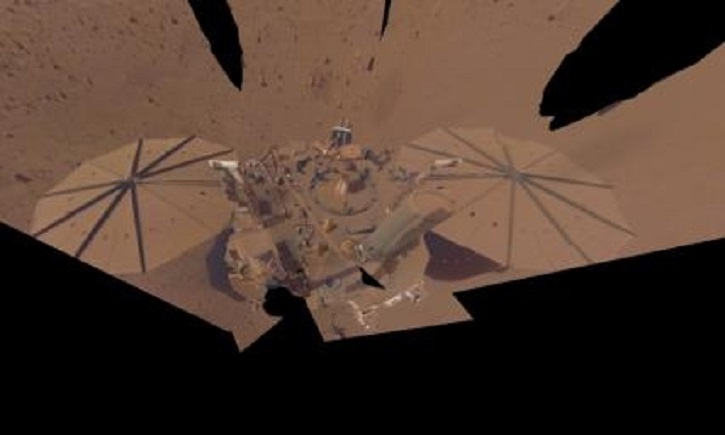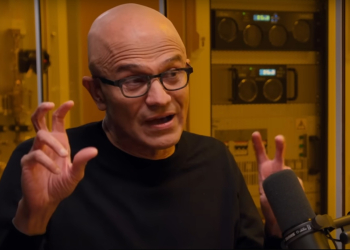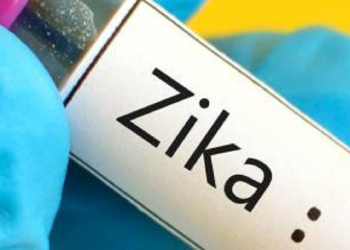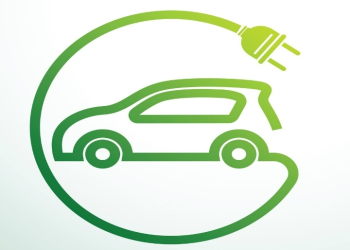Washington: NASA has shared one last selfie taken by InSight Mars lander that is about to retire soon as it is losing power due to dusty solar panels.
The final selfie was taken on April 24 and shows the lander completely covered in dust.
“A dusty self-portrait,” NASA’s Jet Propulsion Laboratory, which manages InSight, said in a tweet.
“@NASAInSight took what is likely to be its final selfie on April 24,” it added.
The tweet also added a GIF, which showed the spacecraft’s first selfie taken in December 2018 and the latest “where it’s covered in Martian dust”.
NASA had, last week, shared that InSight is gradually losing power and “is anticipated to end science operations later this summer”.
“By December, InSight’s team expects the lander to have become inoperative, and concluding the mission,” NASA had shared in a statement.
InSight (short for Interior Exploration using Seismic Investigations, Geodesy and Heat Transport), which landed on Mars November 26, 2018, was initially designed for nearly two Earth years. The mission was then extended, and its solar panels have been producing less power as they continue to accumulate dust.
The lander’s solar panels, each measuring about 2.2 metres wide, are producing roughly at about one-tenth of its landing capacity of 5,000 watt-hours, NASA had said.
In addition, over the next few months, there will be more dust in the air, reducing sunlight — and the lander’s energy. Energy is being prioritised for the lander’s seismometer, which will operate at select times of day, such as at night, when winds are low and marsquakes are easier for the seismometer to “hear”.
The seismometer itself is expected to be off by the end of summer, concluding the science phase of the mission.
At that point, the lander will still have enough power to operate, taking the occasional picture and communicating with Earth. But the team expects that around December, “power will be low enough that one day InSight will simply stop responding”.
With its final selfie, the mission team will soon put the lander’s robotic arm in its resting position (called the “retirement pose”) for the last time this month.




















